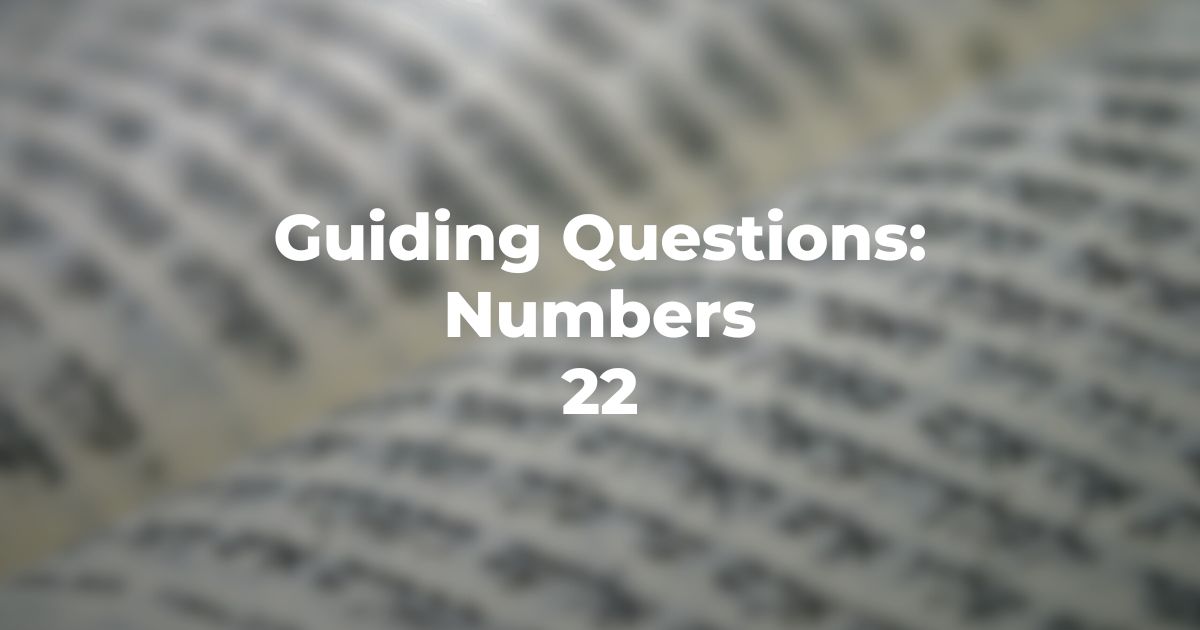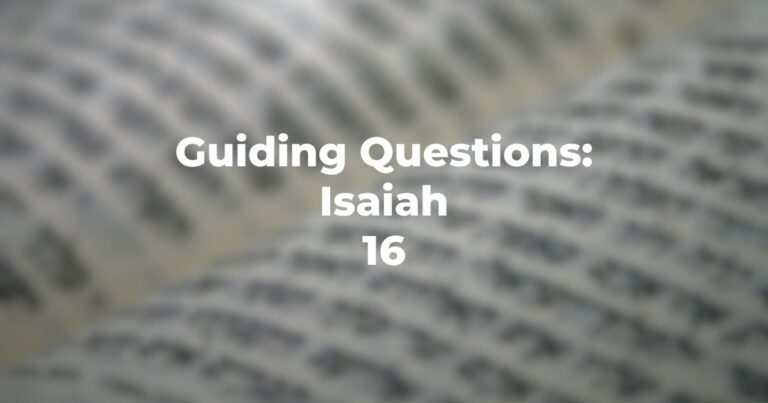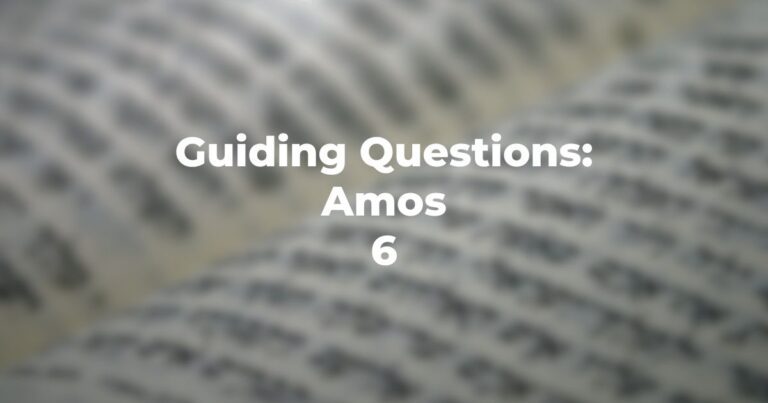- Has Moab been encountered before?
- Does the verb “va’yakatz” (Numbers 22:3) call to mind an earlier similar situation?
- How does Numbers 22:2 and Numbers 22:4 (b) relate to each other? Does the text tell who/what Bilaam is?
- What is the geography of Numbers 22:5; where did Bilaam live?
- Do Moab/Amon consider negotiating with the Israelites?
- Have the Israelites made any threatening moves?
- According to Numbers 22:6, what power did pagans see in curses?
- Does Bilaam show any eagerness to curse the Israelites; any reluctance?
- When does Divinity “communicate” with Bilaam—day? night? and how?
- How can Numbers 22:9 be understood? Does Divinity not know?
- What reason does Bilaam give for refusing to go with the messengers?
- Does Numbers 22:20 contradict Numbers 22:6?
- Does Bilaam show any surprise or fear at the communications from Divinity?
- Is Mosheh (and/or any of the Israelites) alerted to “what is going on?”
- Do we (the readers) know (to this point) what will happen?
- In this chapter, are the Israelites facing a new/yet very old enemy: the pagan approach, a combination of magic and wiles?
- Since the Israelites are not conscious of the plans designed against them, is text teaching that in a complex world, the absence of apparent confrontational forces does not mean that no threat obtains, and that alertness, then, is always called for?
- Yet, as in Egypt, there is “complete awareness” by __________?
- Does text teach that paganism, while it relies on magic, does not rely only on magic (Numbers 22:26)?
- And does text teach that unusual men are not only to be found among the Israelites?
- Does text also teach that communication with Divinity (however articulated) is not limited to those who are part of the Brit people?
- Is it clear, then, that the text also teaches that Divinity has provenance quite beyond the Israelites?
- Is the pagan seer here (unlike the Egyptian magicians) responsive to Divinity?
- Would text indicate that there are recognizers of Divinity among non-Israelites, albeit they are not bound by the Brit? Could this be a note of non-exclusiveness?
- In this particular chapter there are a number of contradictions; do these (seeming) contradictions in text (Numbers 22:12 and Numbers 22:20 for example) imply that “God changed Its mind?” If not, what?
- Can difficult passages in text be understood in terms of authorship (sources), copyist error, and/or a subtlety which is no longer apparent to the modern reader but was originally apparent?
- Withal, does this text evidence consummate skill in description, maintaining tension, telegraphing results without destroying interest—and, above all, making a point of ideological/moral consequence?
- In the last analysis is the pagan “blesser/curser” subject to the same control as the Israelite leader?
- And, does text indicate that political leaders (especially those who are authoritarian/absolute) assume that any man can/will be moved by money/honor/status (Numbers 22:37)?
- Does text indicate that the seer/thinker/man of ideology is moved, nevertheless, by non-material considerations (Numbers 22:38)?
- In the final analysis, is the pagan ideologue a contestant of Divinity or rather controlled by same?
- Finally, in this treatment, is the pagan ideologue projected as mean, rebellious, a hater—or the contrary?
Author
-

Exploring Judaism is the digital home for Conservative/Masorti Judaism, embracing the beauty and complexity of Judaism, and our personal search for meaning, learning, and connecting. Our goal is to create content based on three core framing: Meaning-Making (Why?), Practical Living (How?), and Explainers (What?).
View all posts




